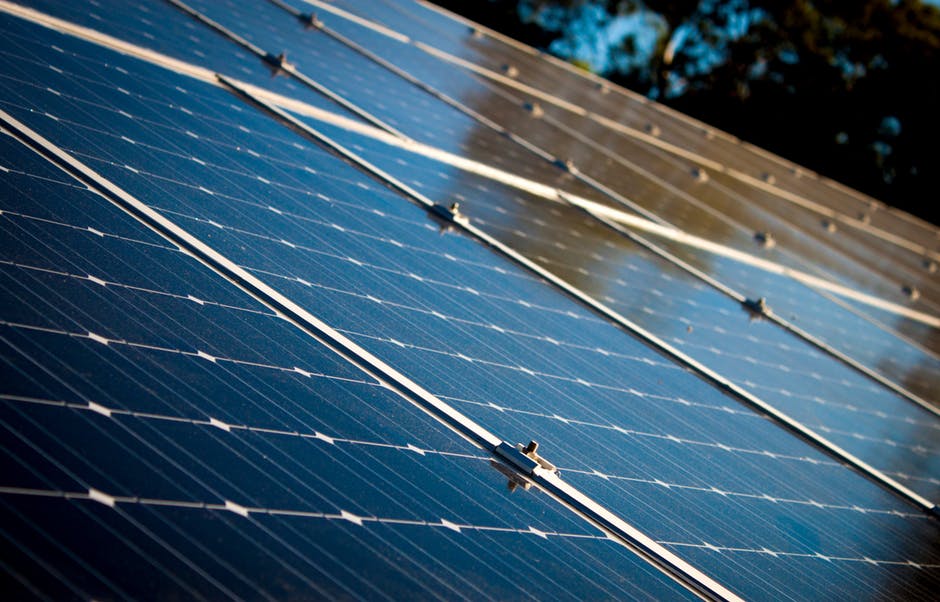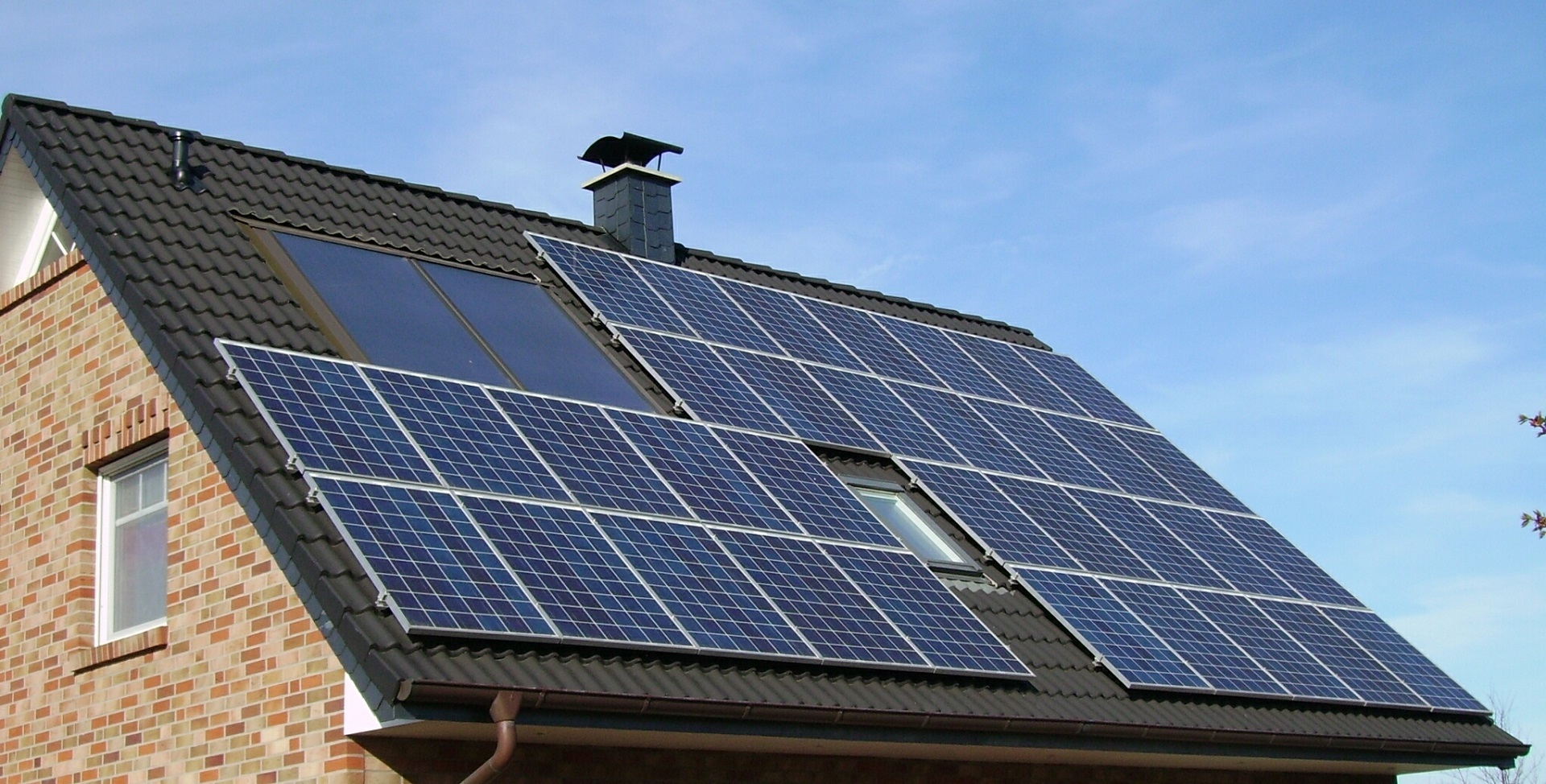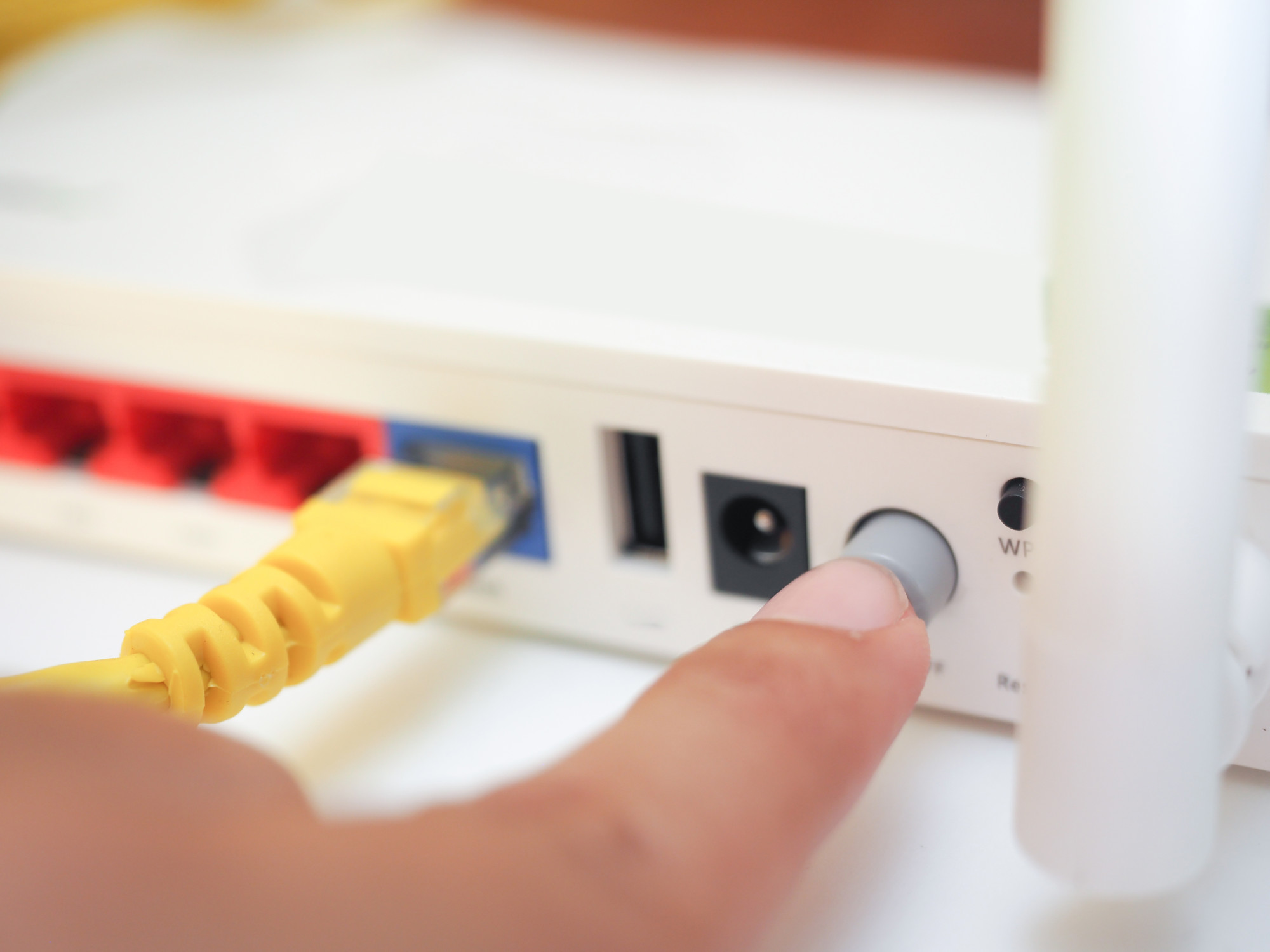While installing solar panels on your home or business is more challenging than installing a ceiling fan, it can be a great option for slashing your electricity bill.
While some states don’t offer substantial incentives for installing solar panels, the long-term benefits of owning your own power source can’t be argued. It is important to know the average lifespan of a solar panel to decide which is right for you.
Types of solar panels range in their lifespan, as well as their efficiency over time. Read on to learn more about the average solar panel lifespan.
How Long Do Solar Panels Last?
Solar energy is a source of energy that can be used repeatedly and doesn’t run out. One of the best things about solar panels is that they last a long time, so buying them is a good idea. Solar panels usually last between 25 and 30 years, which is a long time.
The National Renewable Energy Laboratory (NREL) says that most solar panels are made to last at least 25 years. But this estimate is based on tests done in a lab under ideal conditions. Some panels may last longer depending on the materials’ quality and the company that made them.
Statistics show that solar panels have become much more durable over the years. In the 1980s, solar panels usually lasted ten years, but by the early 2000s, the average was up to 25 years. Today, solar panels are made to last longer and longer, and some companies offer warranties for up to 30 years.
The cost-effectiveness of solar panels depends on how long they last. Even though the cost of buying and installing solar panels is high initially, they last a long time, so they are a good investment. Over the 25 to 30 years that a solar panel lasts, it can produce much energy, saving you a lot on your energy bills.
Factors Affecting Solar Panel Lifecycle
Several factors can affect the lifespan of solar panels. These factors include:
Quality of Materials
The quality of the materials used to make solar panels is an important factor that can greatly affect how long they last. Solar panels made from high-quality materials, like monocrystalline silicon, are known to last longer and be more durable. On the other hand, panels made from lower-quality materials might last less long.
Solar panels have many parts, such as photovoltaic cells, glass, and framing materials. The quality of these parts can vary a lot, and it’s important to pick high-quality materials if you want them to last longer. Because it lasts long and works well, monocrystalline silicon is one of the most popular materials for solar panels.
When you use high-quality materials, you also get more energy out of them, which can help you save more on energy bills. Cheaper materials could lead to panels that produce less energy, making the solar panel system less efficient and effective.
Location and Climate
The place where solar panels are put, and the weather can greatly affect how long they last. Solar panels can get damaged or have a shorter lifespan in places with much pollution or extreme weather, like hail, heavy snowfall, or high winds.
Particles in the air can settle on solar panels in dirty places, blocking the sun’s rays and making the panels less effective. Extreme weather can also damage solar panels by cracking or breaking the glass or causing structural damage to the frame. This damage can cause the solar panel system to produce less energy and last less long.
Installing solar panels in the right place is important if you want them to last as long as possible. In places with a lot of pollution or extreme weather, it’s important to take extra steps, like cleaning your solar panels often, to ensure they keep working.
Orientation and Angle
The angle and direction can affect how long solar panels last and how much energy they produce. When installed at the best angle and orientation, solar panels can produce more energy and last longer than those without.
Solar panels work best when they face south and are set up at an angle that matches the latitude of the place where they are put. Because the panels are in this position and at this angle, they can get the most sunlight and make more energy. If solar panels aren’t at the right angle or facing the right way, they may produce less energy and last longer.
When designing and putting together a solar panel system, it is important to consider how the panels will be placed and at what angle.
Working with a professional installer can help ensure that the panels are put in the right way and facing the right way for the most efficiency and durability.
Maintenance
Solar panels must be properly cared for to work well and last as long as possible. Regular cleaning and checks can keep the panels in good shape and ensure they produce the most energy possible.
Dirt, dust, and other particles can build up on solar panels, which blocks the sun’s rays and makes them work less well. Regular cleaning can help stop this buildup and ensure the panels get as much sunlight as possible. Checking the panels for damage or defects is another way to keep small problems from worsening.
Working with a professional installer can also help with maintenance because they can provide regular inspections and maintenance services. They can find problems and fix them so that damage doesn’t happen and the solar panel system lasts longer.
Keeping things in good shape can also help with energy production and use. When solar panels are working well, they can produce more energy, which saves money on energy bills.
Manufacturer and Warranty
Solar panels’ lifespans can also be affected by who made them and how long their warranty is. Solar panels from reputable companies that make good products usually come with 25 to 30 years or more warranties. This gives customers confidence in their long-term investment.
Customers can access high-quality materials and parts by working with a reputable manufacturer, making the solar panel system last longer. The warranty also covers any problems or flaws, which protects your investment and gives you peace of mind.
When buying and installing solar panels, it is important to research the manufacturer and warranty. Choosing a reliable manufacturer with a good warranty can help ensure the solar panel system works well and lasts long.
Electrical Components
Electrical parts like inverters and charge controllers in a solar panel system can affect how long the system will last. Choosing high-quality parts can help ensure the system lasts for a long time.
Inverters and charge controllers are important parts of a solar panel system. They change the DC energy the panels produce into AC energy that you can use in a home or business. High-quality parts are made to handle the solar panel system’s stresses and can help ensure it works well and lasts for a long time.
High-quality electrical parts can also help the solar panel system produce more energy while lowering the risk of damage and extending its life.
Installation
How solar panels are set up can greatly affect how long they last. Proper installation methods, like using the right wiring and mounting it securely, can help prevent damage and make sure it works at its best.
If the panels or mounting system are damaged during installation, the solar panel system will not work as well or last as long as possible. Working with a professional installer can help ensure the panels are put in the right way, and any problems are found and fixed.
Proper installation can also help the system make more energy, saving you more money on your energy bills over the life of the system.
Shading
Shading from trees, buildings, or other obstructions can significantly impact solar panels’ lifespan and energy production. Minimizing shading can ensure optimal performance and longevity.
Shading can cause a reduction in the amount of sunlight the solar panels receive, resulting in decreased energy production and a shorter lifespan for the system. Proper placement of the panels and strategic pruning of trees or removal of obstructions help minimize shading and ensure optimal performance.
Usage
The amount of energy used and the frequency of usage can impact the lifespan of solar panels. Heavy usage can cause panels to degrade more quickly, shortening their lifespan.
Solar panels are designed to withstand a certain amount of energy usage over their lifespan. Heavy or frequent usage can cause the panels to degrade more quickly, resulting in decreased efficiency and a shorter lifespan for the system.
Proper monitoring of energy usage and implementing energy-saving techniques can minimize usage and ensure optimal performance and longevity of the solar panel system.
Understanding Solar Panel Lifespan
Solar energy has become increasingly popular with many advantages and low maintenance costs. Solar panel lifespan ranges from 25 to 30 years, depending on the user’s location, budget, and panel device.
Overall, solar panels will continue providing clean, renewable energy for years. If you’re interested in investing in solar panels for your home, contact a professional for installation and more information.
Did you find the information in this article useful? If so, make sure to check out our blog for more helpful resources.










